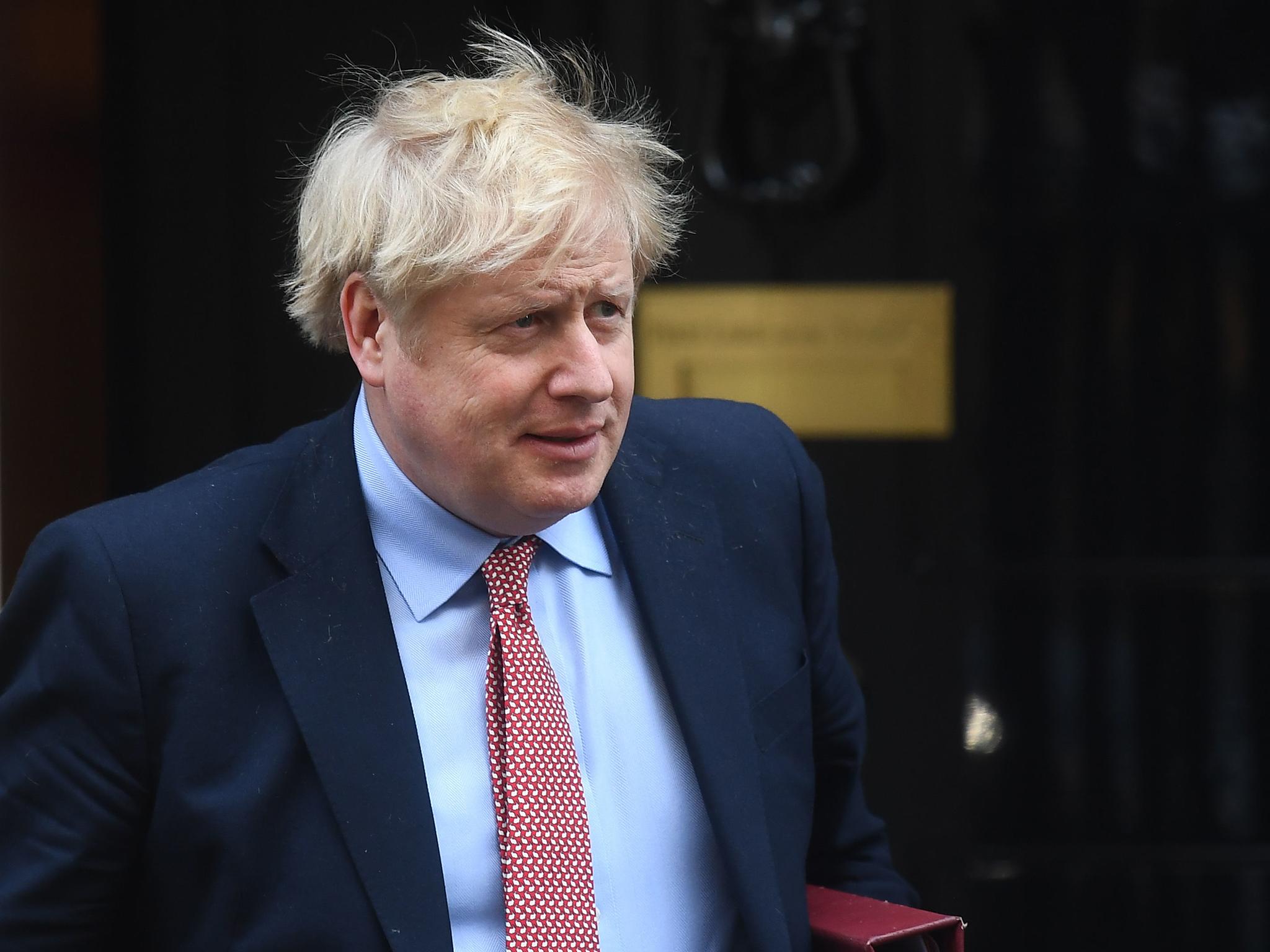The Scottish government has called on Boris Johnson to extend the Brexit transition period by two years, as stalled trade talks restart.
EU and UK negotiators are finally returning to negotiations using video conferencing, after several rounds of planned in-person talks were cancelled by the coronavirus pandemic.
But with the timescale to get a trade deal by the end of the year already looking colossal, the government is coming under increasing pressure to extend the period before Britain will be dumped out of the single market.
“The benefits of coordinated European action have never been clearer,” Michael Russell, Scotland’s cabinet secretary for Europe, said.
“An extended transition will keep the UK as close as possible to the EU and provide an opportunity to re-think the future relationship.”
He said the “UK government should today be asking the EU for the maximum two-year extension to the transition period”.
If the UK does not negotiate a free trade agreement by New Year’s Eve when the transition ends, it will revert to WTO terms. These are expected to be economically damaging. During the transition, the UK will follow EU rules and continues free movement.
The ability to extend the transition period was kept in the withdrawal agreement by Boris Johnson, but the government claims it will not use the provision.
Last week the prime minister’s spokesperson said the government would not ask to extend the transition period and would reject any overtures by the EU, though none have yet arrived.
“The government was elected on a manifesto which made clear the transition period would end on 31 December 2020. That is now enshrined in primary legislation and it remains our policy,” the spokesperson said.
“We will not ask to extend the transition period. If the EU asks, we will say no. Extending the transition would simply prolong the negotiations, prolong business uncertainty, and delay the moment of control of our borders. Extending the transition would mean we will have to make further payments into the EU budget.
“It would also keep us bound by EU legislation, at a point when we need legislative and economic flexibility to manage the UK response to the coronavirus pandemic.”
For weeks now, various polls have suggested strong support among the UK public for extending the transition period to get negotiations done, given the disruption to the timeline by the pandemic.
Talks have for weeks now been stuck on several issues: whether the two sides are negotiating one overarching agreement or many; the extent to which the UK will stay aligned to EU rules; fishing fleet access to British waters, and whether the UK will stay committed to human rights.
Both sides have exchanged legal texts for proposed agreements, though only the EU side has made its public, with the UK insisting on secrecy.
Both Michel Barnier and David Frost are among officials who had to spend time self-isolating with Covid-19 symptoms, further holding up proceedings.
Naomi Smith, chief executive of pro-EU campaign Best for Britain, said: “Given the huge amount of harm being done by the virus to the economy and the country’s health, most people will be wondering why the government is splitting its focus to conduct Brexit talks.
“Right now there is no bigger priority than coronavirus, and nothing should be distracting the government’s attention.
“That is particularly the case for these talks, which can be extended to give both the UK and the EU room for manoeuvre.
High noon in a coronavirus-stricken world
Show all 18“The government must unchain itself from the 31 December [exit date] so that it has the ability to properly focus on ridding the country of coronavirus.”
Speaking on Monday as talks kicked off again, a European Commission spokesperson told reporters at an online press briefing: “You have said the pandemic will change everything but I’m not sure that’s true ... I just want to remind you that the negotiations between the EU and the UK have been going on for a long time.
“It’s not as if we just met last Friday and came up with an agenda: the European Commission has a formal agenda which has been well fleshed-out and is entering into structured negotiations with the UK.
“The issue now is to try and make sure that the UK’s exit from the EU and the transition period, if it’s not extended further from the end of the year, set a threshold for our negotiations with the UK going forward, pandemic or no pandemic.”
Subscribe to Independent Premium to bookmark this article
Want to bookmark your favourite articles and stories to read or reference later? Start your Independent Premium subscription today.


Join our commenting forum
Join thought-provoking conversations, follow other Independent readers and see their replies